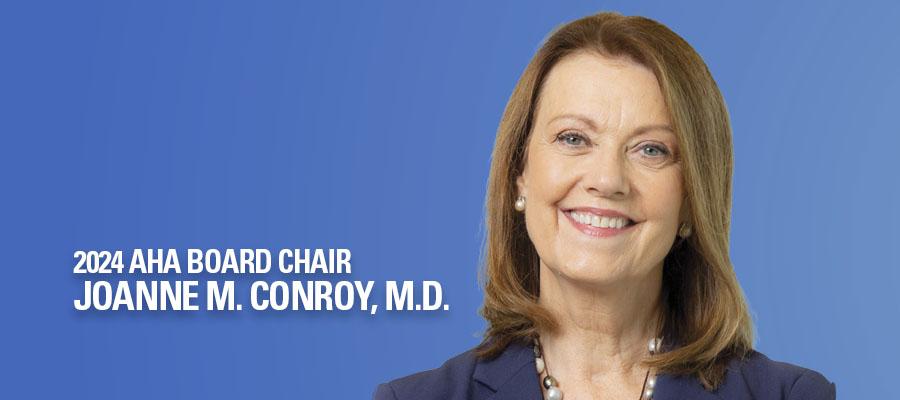Chair File: Keeping Health Care Workers Safe

Hospitals are places of healing, hope and health. They provide 24/7 care to patients and work with community partners to develop and lead programs that advance health and well-being. Yet violence against health care professionals is increasing. Overall, health care professionals are five times more likely to experience workplace violence than workers in other fields.
Hospitals and health systems are engaged in efforts to provide safe spaces for health care workers to deliver care and for patients to receive the care they need. This includes focusing on technology and training to mitigate risk, redesigning facilities and workflows to prioritize safety, and reimagining collaboration with hospital security and surrounding communities to support prevention and crisis response.
The AHA’s Hospitals Against Violence (HAV) initiative shares resources and strategies to promote a culture of safety across the field. To guide health care leaders in efforts to prevent and mitigate violence, the HAV initiative developed the Building a Safe Workplace and Community framework, which focuses on data, accountability and ongoing education and training.
A top legislative priority for the AHA this year is enacting the Safety from Violence for Healthcare Employees (SAVE) Act — bipartisan legislation that would provide federal protections for health care workers similar to those that apply to aircraft and airport workers. The AHA has developed a number of resources that you can use to encourage lawmakers to support and enact the SAVE Act, including a customizable message that you can send to your representative and senators.
At Dartmouth Health, the health system I lead, employees know the stress that individuals and families may experience in health care settings. And I know it’s the same for compassionate caregivers at other hospitals. But it’s important to set guardrails to ensure that everyone adheres to a level of respect and behavior while visiting or receiving care at a hospital.
Whether in a workplace — like a hospital — school, grocery store, theater or place of worship, taking preventive actions and fostering a culture of respect, inclusivity and collaboration will help keep those who live and work in our communities safe.

